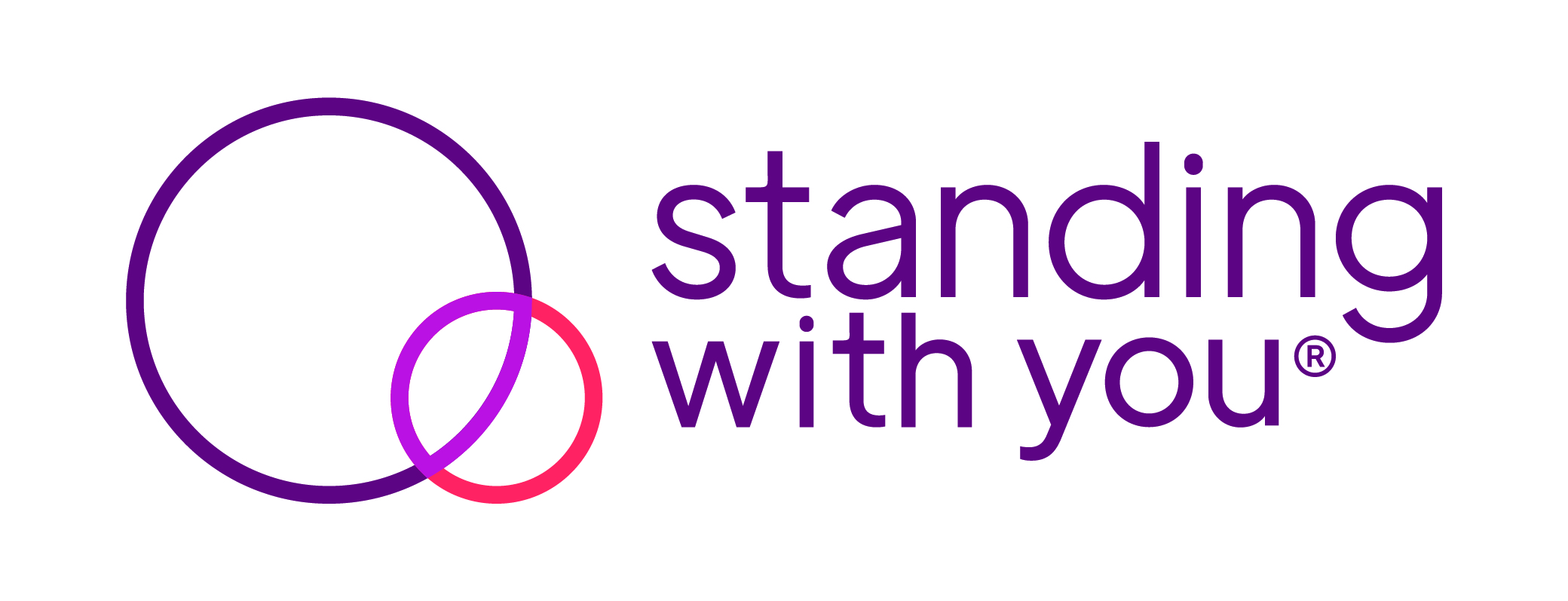 On a college campus, it is an unfortunate reality that many of your peers have experiences with abortion. Research shows that 44% of all abortions are performed on college aged women (ages 19 to 24); this is nearly 500,000 college-aged women each year. With so many of our peers recovering from abortion, we need to be ready to face difficult conversations about abortion and to help our friends find healing and hope.
On a college campus, it is an unfortunate reality that many of your peers have experiences with abortion. Research shows that 44% of all abortions are performed on college aged women (ages 19 to 24); this is nearly 500,000 college-aged women each year. With so many of our peers recovering from abortion, we need to be ready to face difficult conversations about abortion and to help our friends find healing and hope.
You may not know what to say. You may feel scared to discuss this. However, here are some suggestions for your interactions with a friend who has experienced abortion.
(Remember: The aftermath of abortion is not limited to the mother. There are family members and friends who are deeply affected by this decision and who may also be grieving. Whether or not they participated in the decision-making process, these men and women may also need healing and support. )
Ask Permission
Before asking questions or offering advice, ask permission. Abortion is a very emotional and personal experience, and some peers may not be ready to talk about their experiences. You should always ask before assuming that they are ready to talk or that they even want suggestions for support. You may start with something simple like “Do you want to talk about it?” Asking permission shows that you respect that person’s space and privacy, but it allows for the opportunity to open this conversation. If your friend is not ready to talk about it, assure them that you will always be there for them to listen, to support, and to help them find resources (if desired). If they don’t want to talk with you, you may also suggest that they talk to someone else (e.g. a family member, friend, priest/pastor, counselor, etc.).
Listen
Be patient, and listen. Let your friend share their story. Let them talk for as long or as short as they need. You may be eager to jump in with resources. Wait. Your friend is sharing a very personal experience. They are trusting you with their pain, their memories, their healing, etc. Listen to them. There will be time to suggest resources and support, but you need to build trust and learn their needs before getting to this point.
Don’t Assume
You may think that you know everything about your friend, and in truth, you know very little. Hold back from making assumptions about the influences in their decisions, the people involved, and the aftermath. Ask questions when needed to help you better understand, but don’t expect answers. Your friend may not be ready to discuss some issues. Be gentle with your questions, and think before you ask.
Be compassionate
When talking to your peer, remember compassion. Sometimes people feel frustration when faced with a friend who has had an abortion. They cannot understand why the friend would have chosen an abortion or even ended up in that situation. While these feelings may occur, remember that love is always the best response. It is easy to stand on one’s principles when you’re not the one faced with the life-altering consequences of pregnancy. It is easy to say, “I would never have an abortion,” until faced with a pregnancy that creates a crisis situation in your life. Always be prepared to show the compassion and avoid being judgmental. The last thing that this person needs is judgment or anger. They need love.
Forgiveness
Many men and women struggle to forgive themselves, and they may also reject the forgiveness of others. They may have chosen an abortion knowing it was wrong, and because of this, they believe that they are unforgivable.Or they may blame themselves for situations that they couldn’t control or overcome.As a friend, you may be that needed voice of forgiveness. Help them in their healing, and remind them that there is hope after abortion. You may also recommend healing programs, such as Rachel’s Vineyard, or even professional counseling. Through these programs, a person can come to forgive themselves and to heal.
improve your outreach
Serving post-abortive men and women can be a challenging task. To better prepare yourself for this ministry, you can find specialized trainings. Training is vital in order to provide help and encouragement to those individuals without causing more pain. We encourage you to continue to learn better ways to engage in this ministry, and we hope that you will take take to educate yourselves on after abortion grief.
- Learn more about reaching out to peers who have experienced abortion. Check out our Post-Abortive Outreach page.
- Learn more about After Abortion Grief and the specific symptoms which are unique to this trauma.
After Abortion Support & Counseling
Are you hurting from abortion? Or do you have a friend who may need additional support? Please check out these organizations that offer after abortion support and counseling.

This post was contributed by Beth O’Malley, Pregnant on Campus Coordinator. If you have questions or concerns, please contact Beth at [email protected].
